Horticulture
-
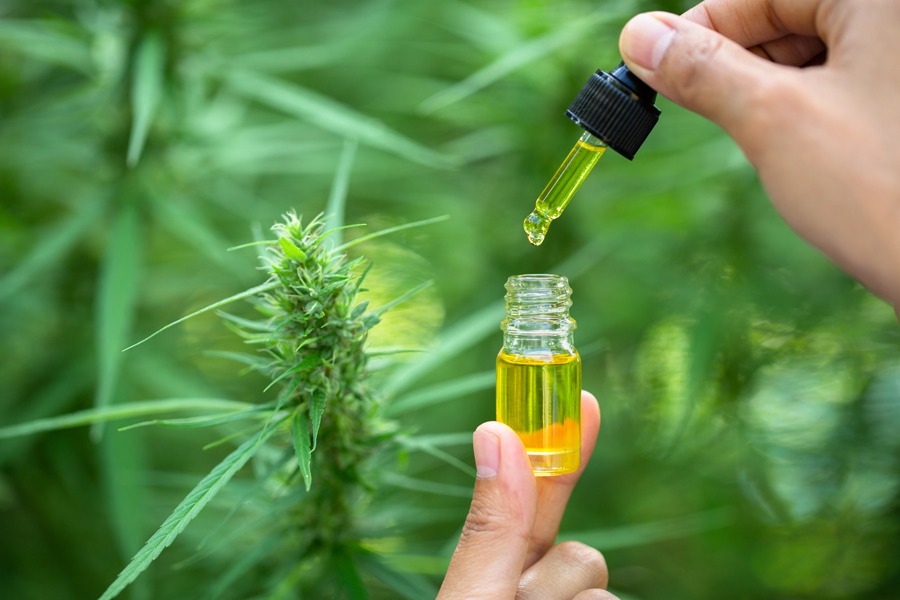
With the passage of the 2018 U.S. Farm Bill, industrial hemp (Cannabis sativa L.) was declassified as a Schedule I drug and is now legal (with restrictions) for production in the United States. Hemp and marijuana are both Cannabis sativa but are distinguished from each other based on the concentration of the psychoactive compound, tetrahydrocannabinol (THC). Industrial hemp is defined by law as a cannabis plant with total THC concentrations on a dry weight basis of less than 0.3% (+/- a measurement of uncertainty). This publication provides a basic overview of hemp testing for THC to stay in compliance with U.S. Department of Agriculture rules for hemp growers.
Timothy Coolong, Daniel L. Jackson, Jason Lessl, and Noelle Joy
|
-

Vegetables require careful handling, storage, and monitoring to ensure the maximum postharvest life span. Because we are dealing with live organisms, the maximum attainable shelf life of vegetables can easily be affected depending on preharvest and postharvest factors that often manifest during storage. Following storage recommendations for each specific commodity helps to ensure the best quality and marketability of fresh produce. This circular contains basic guidance for the storage of most of Georgia-grown vegetables.
Andre Luiz Biscaia Ribeiro da Silva and Angelos Deltsidis
|
-

Los hispanos representan la minoría más grande de los Estados Unidos con 42.7 millones de habitantes. Los trabajadores hispanos predominan en la industria de la agricultura urbana del estado de Georgia y conforman casi las tres/cuartas partes del total de obreros del estado. Los supervisores deben garantizar la comprensión e implementación de la seguridad laboral. Es imprescindible reconocer las barreras de comunicación para mantener un área de trabajo donde predomine y se haga efectiva la seguridad laboral. Use demostraciones, dibujos, materiales bilingues, y si es posible, un intérprete.
[Hispanic workers predominate in Georgia’s urban agriculture industry, comprising almost three-fourths of the workforce. Employers must ensure comprehension and safety compliance, address language barriers to create a safe workplace, use physical demonstrations, diagrams, bilingual materials and, if available, an interpreter. This publication covers general precautions, equipment safety, pesticide safety and other information that is necessary for keeping employees safe. It is also available in Spanish.]
Alfredo Martinez and Ellen M. Bauske
|
-

Hispanic workers predominate in Georgia’s urban agriculture industry, comprising almost three-fourths of the workforce. Employers must ensure comprehension and safety compliance, address language barriers to create a safe workplace, use physical demonstrations, diagrams, bilingual materials and, if available, an interpreter. This publication covers general precautions, equipment safety, pesticide safety and other information that is necessary for keeping employees safe. It is also available in Spanish.
Alfredo Martinez and Ellen M. Bauske
|
-
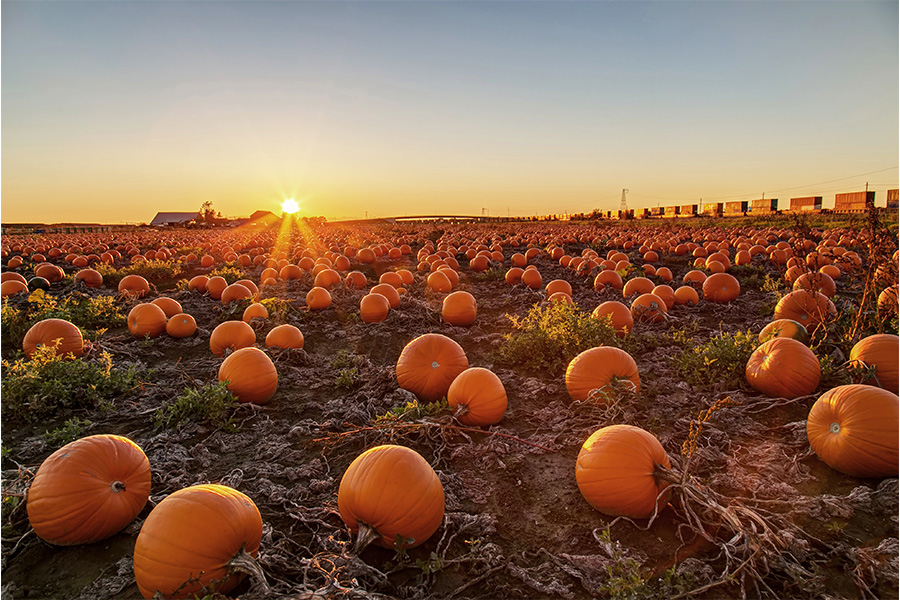
The seven topics covered in this publication are all integral parts of a successful pumpkin/gourd management program. Each topic is designed to focus on a particular aspect of production and provide the latest management technology for that phase of production. It is hoped that the information contained in this publication will assist growers in improving profitability.
Timothy Coolong and W. Terry Kelley
|
-
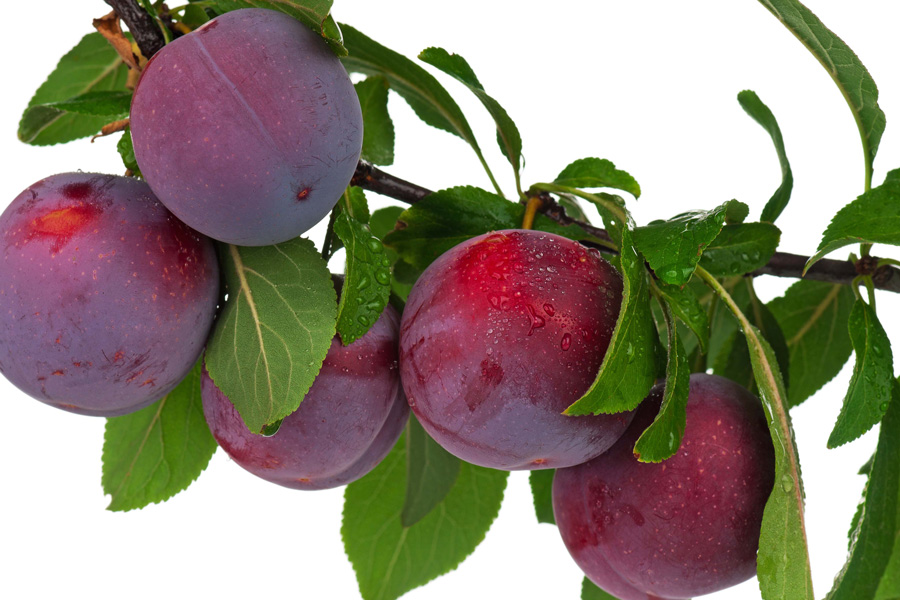
B 1518
Home Garden Plums
This bulletin offers information about plum production, pruning, thinning, fertilization, and variety selection in the home garden. Plums belong to the Prunus genus and consists of many species of different origins and diverse fruit types. Most commercially grown varieties are derived from either Japanese or Asian plums (P. salicina and its interspecific hybrids) or European plums (P. domestica). Japanese plums are primarily for fresh consumption, while European plums are for both processing and fresh consumption. The products obtained from processing plums include prunes (dried fruit, the predominant product), canned fruit, jam, jelly, juice, and beverages.
Jeff Cook and Dario Chavez
|
-
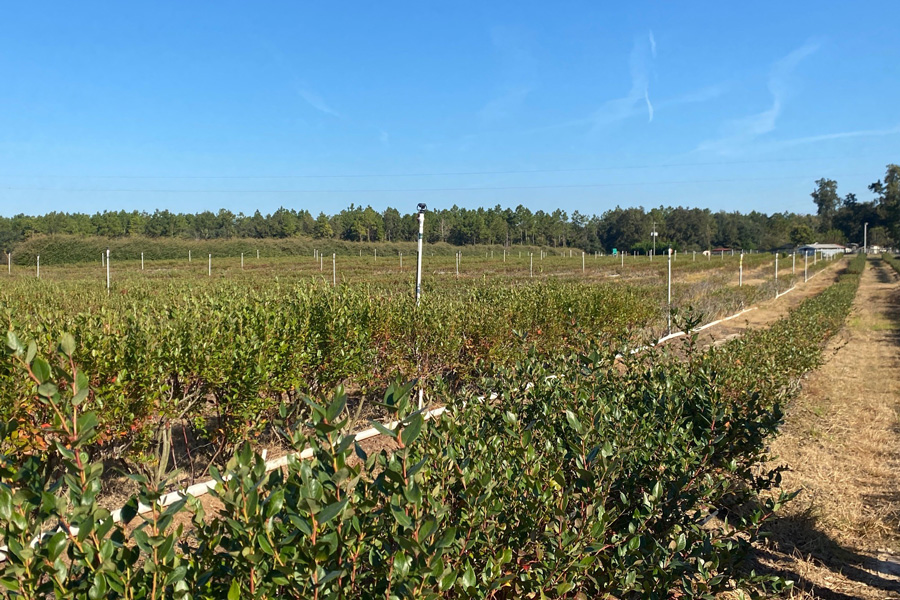
C 1267
Blueberry Pre-Establishment
This publication covers the considerations producers need to have in mind when choosing a site to plant blueberry. It describes the soil characteristics that are needed to grow and produce blueberry, how to identify good soil, soil drainage, and how prior crops could affect blueberry productivity.
Zilfina Rubio Ames
|
-

These checklists can be used to introduce new landscape workers to safe work practices. They ensure that job safety training includes safety instruction. Included are sections on general safety precautions, equipment safety, lawn mower safety and pesticide safety.
Rolando Orellana, Alfredo Martinez, and Ellen M. Bauske
|
-
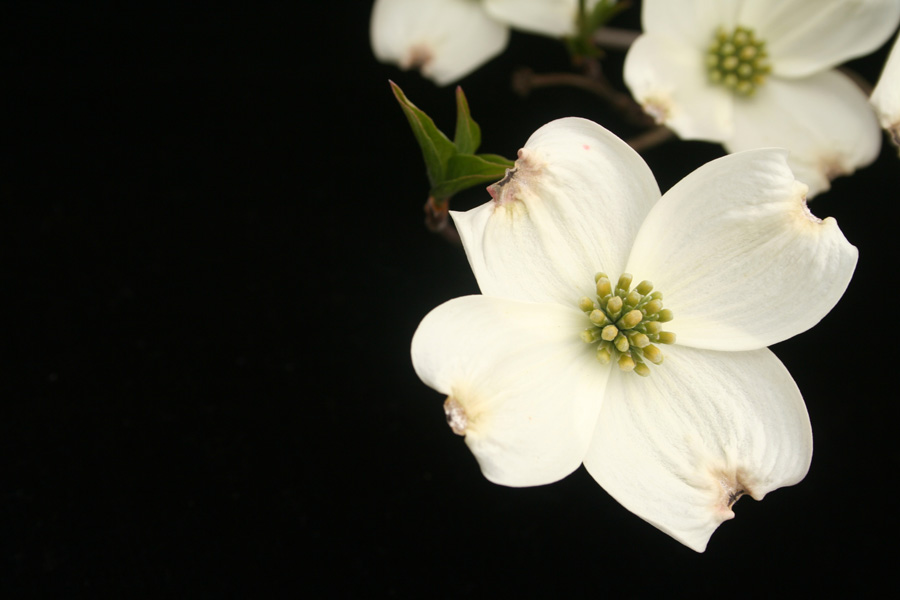
C 900
Growing Dogwoods
One of the most widely planted ornamental trees in Georgia is the flowering dogwood. Dogwoods are not difficult to grow if they are located in the proper site and if healthy trees are purchased and planted properly.
Bodie V. Pennisi
|